On January 14th, Beijing time, the last six matches of the 30th round of the CBA regular season concluded. This night saw two incredible comebacks and three championship contenders securing big wins to stabilize their rankings. However, Xinjiang, which was in the top four not long ago, became the biggest loser of this round.
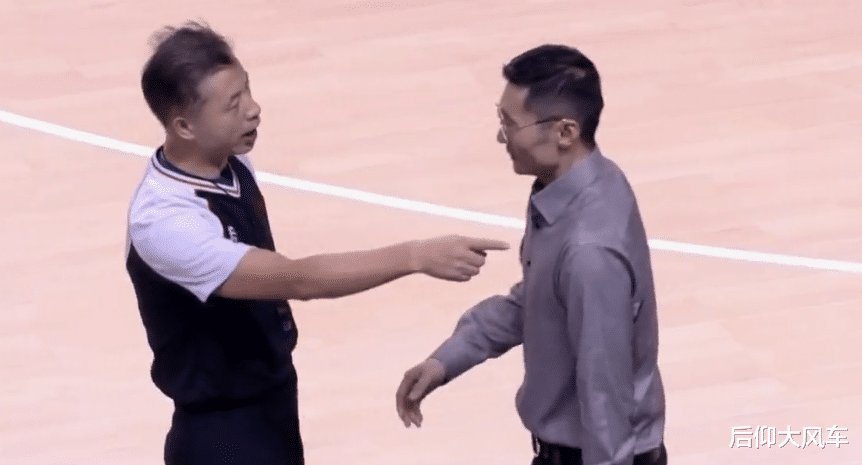
The first major comeback occurred in the playoff ticket battle between Jilin and Shenzhen. Jilin has been struggling recently due to Jones' absence, resulting in poor team performance and consecutive losses. In this round, Jones finally returned and exploded with 42 points, 16 rebounds, 7 assists, 2 steals, and 1 block. However, the key figure who decided the outcome of the game was Jiang Weize, who contributed a 3+1 in the final 2.5 seconds to stage a near buzzer-beater.
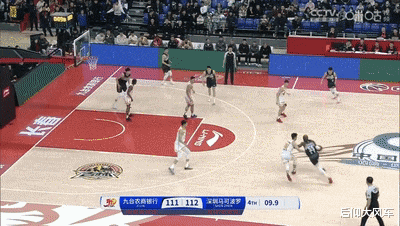
Jiang has been plagued by injuries this season, experiencing a slump for several games and disappearing from the fans' sight for quite some time. In this match, he lived up to expectations, seizing the opportunity in the chaos to deliver the decisive blow, scoring 19 points, 5 assists, and 2 steals. Together with Coach Jones, they led Jilin to a narrow 115-112 victory over Shenzhen, ending their four-game losing streak.
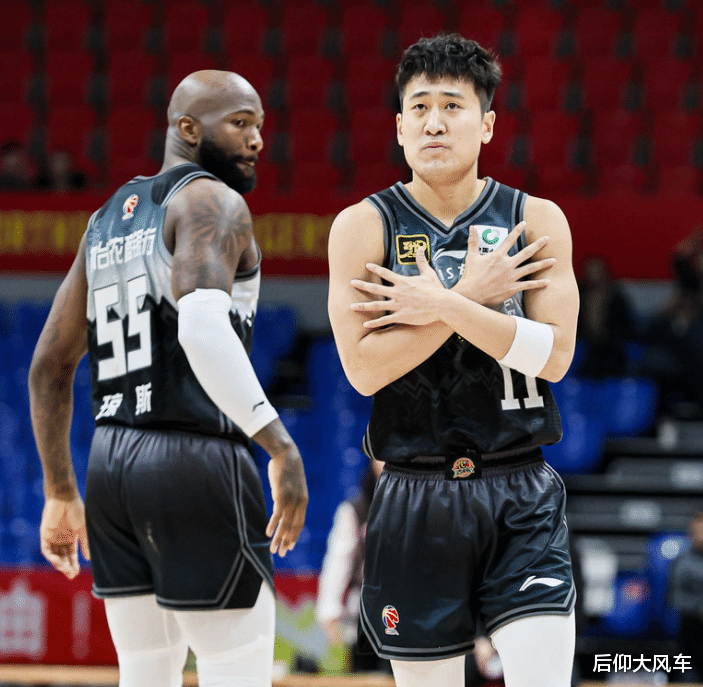
This victory for Jilin was also quite thrilling. In the first quarter, Shenzhen came out firing on all cylinders, scoring 46 points and once leading Jilin by as many as 25 points, almost crushing them. However, Jilin showed great resilience; Jones didn't score much in the first quarter but came back strong in the second, exploding for 20 points and leading Jilin to respond with a 41-21 run. By halftime, they had reduced the 25-point deficit to just 5 points. In the fourth quarter, despite Shenzhen still holding a 5-point advantage, they gradually fell behind due to Wang Haoran and Lu Pengyu accumulating six fouls and being forced to leave the court. The main culprit for Shenzhen's loss should be Zhou Peng. He didn't play a single minute in the first three quarters but was called upon in the fourth quarter. He failed to contribute offensively, scoring only 0 points, 1 rebound, and 1 assist (with a negative plus/minus of -8), and also missed the crucial tying three-pointer at the end, failing to withstand the "self-imposed pressure."

The second major comeback took place in the always passionate Zhejiang derby. Although the paper strength comparison between the two teams favored Guangsha over Zhejiang, Wu Qian, Liu Zeyi, and Kobe Simmons were injured, and Bass was benched and deregistered. If not for the timely return of Cheng Shaipeng and Yu Jiahao, Wang Shilong might have opted for a shorter five-man rotation to fight Guangsha to the death.
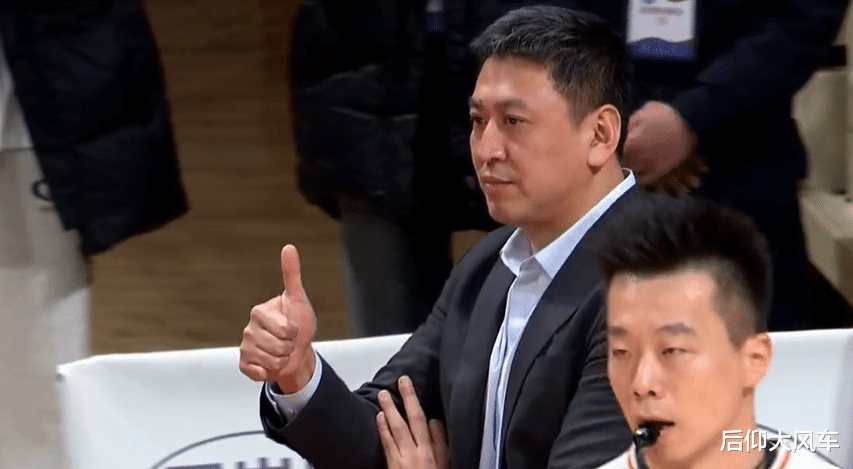
Despite being undermanned, Zhejiang started well, quickly building a double-digit lead with a 9-minute 25-15 run. In the second quarter, led by super shooter York, Zhejiang even expanded the lead to 18 points. However, as the game progressed, the shortcomings of Zhejiang's short rotation began to show signs of fatigue. Guangsha, with its ten-man rotation, started to take control of the game in the third quarter. Brown, playing with a high fever, suddenly went on a rampage in this quarter, scoring 20 points on his own and erasing the previous deficit.

In the decisive fourth quarter, Guangsha, with the numerical advantage, played more calmly. Relying on more rotations in the paint, Guangsha launched a war of attrition against Yu Jiahao and Jones, with Hu Jinqiu, Knight, Carton, and Wu Xiao taking turns to wear down Zhejiang's twin towers. On the perimeter, Sun Minghui, Zhao Yanhao, and Zhu Junlong took turns to consume York, limiting Zhejiang to only 13 points in the quarter. Guangsha ultimately used its stronger defense to secure a close 102-98 victory over Zhejiang, extending their winning streak to seven games and remaining firmly atop the league standings.

The three teams that achieved big victories this round are Beijing, Shanxi, and Shandong. Beijing won by 16 points at home against Fujian.

Due to the absences of Zhou Qi, Zeng Fanbo, and Chen Yingjun, Beijing Beiqi recently suffered two consecutive losses. However, even a dead camel is bigger than a horse. Despite Fujian's recent rebound in performance, they were no match for Beijing when it came down to it. Beijing is weak in offense but strong in defense, while Fujian is neither strong in offense nor defense. In the first half, Fujian relied on a 38% three-point shooting rate and decent zone defense to trail Beijing by only one point at 50-51. The turning point of the game came in the late third quarter and early fourth quarter.
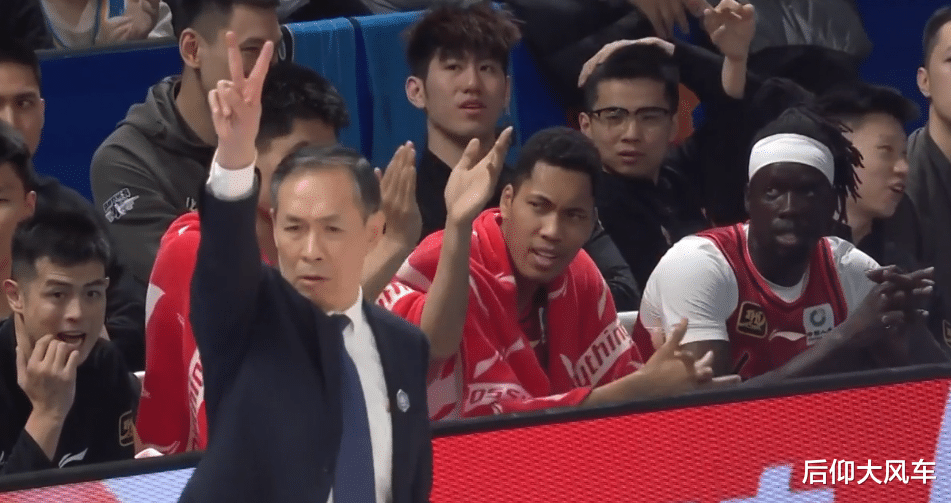
Playing at home, Beijing began to gain the upper hand under the leadership of Jerman Omut. In the fourth quarter, Fujian collapsed, and Beijing intensified their defense, allowing Fujian to score only one point in the first six and a half minutes. Beijing then went on a 12-1 run to extend the lead to 16 points. Ultimately, Fujian was unable to turn the tide and suffered a crushing 89-105 defeat at the hands of Beijing. In this game, five Beijing players scored in double figures, with Jerman contributing 20 points and 9 assists in just three quarters, Zhang Cairen scoring 18 points and 3 assists, Omut getting 21 points, and Fang Shuo adding 10 points, 4 rebounds, and 3 assists.
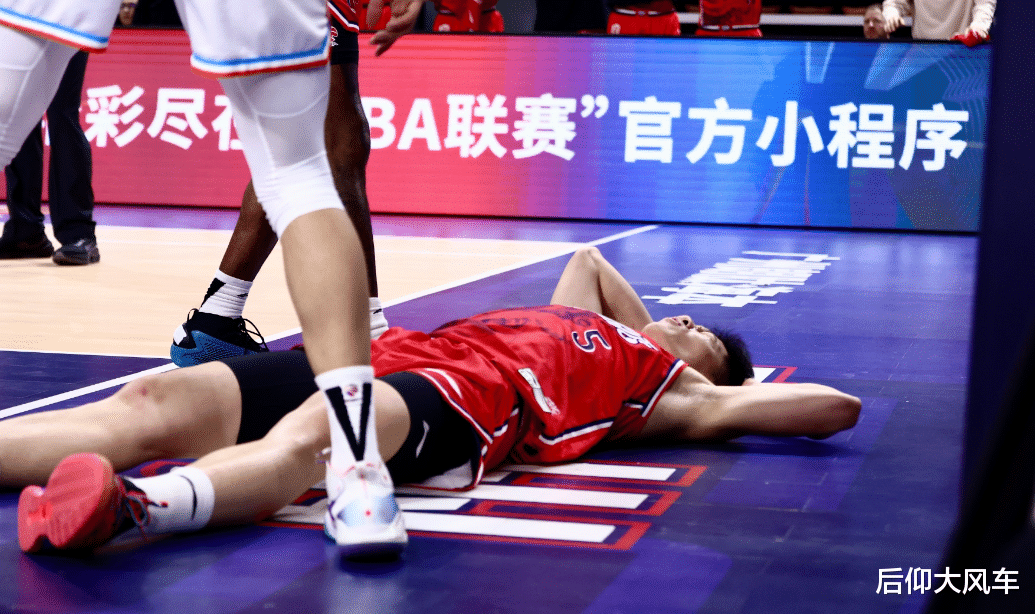
Shandong defeated Guangzhou 121-89 by a margin of 32 points. Shandong lost unexpectedly to Shenzhen in the previous round, leaving Qiu Biao somewhat resentful. Facing Guangzhou, which was plagued by injuries and severely lacking in local point guards, Qiu Biao could not afford to lose. Shandong played the defensive basketball that Qiu Biao wanted, creating a total of 19 steals, shooting a 54.2% three-point percentage, and dishing out 13 more assists than Guangzhou. All 12 players in the rotation contributed to the scoring, causing Guangzhou to hold on for only half a good game before collapsing in the third quarter, where Shandong outscored them 32-19 to put the game away.
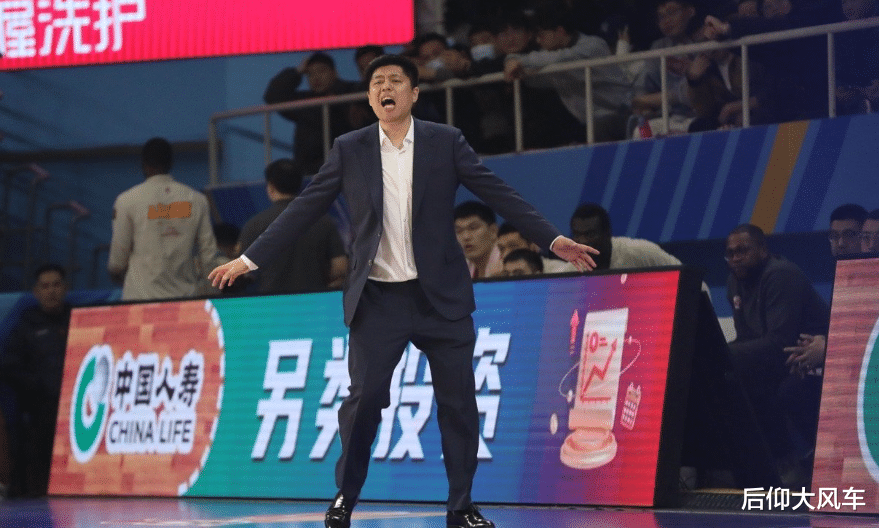
Shanxi defeated Ningbo 134-119 by a margin of 15 points. Shanxi's recent record has been average, with several games featuring large swings, digging holes in the first three quarters and frantically filling them in the fourth. After suffering a crushing 33-point defeat at the hands of Guangsha in the previous round, Shanxi finally hit rock bottom. This round's match against Ningbo, from a certain perspective, was a critical battle for Pan Jiang to stabilize the team's morale. The entire team made positive adjustments, displaying excellent teamwork. In the first half, Shanxi's offensive firepower was impressive, with Goodwin supporting the team's offense and dishing out numerous assists to activate the whole team. Shanxi scored 81 points in the first half. In the third quarter, Shanxi strengthened their counter-attacking three-pointers, with Yuan Shuai and Giles exploding for a combined 17 points in the quarter, leading Shanxi to establish an 18-point lead. In the final quarter, Shanxi remained steady and ultimately secured the victory.
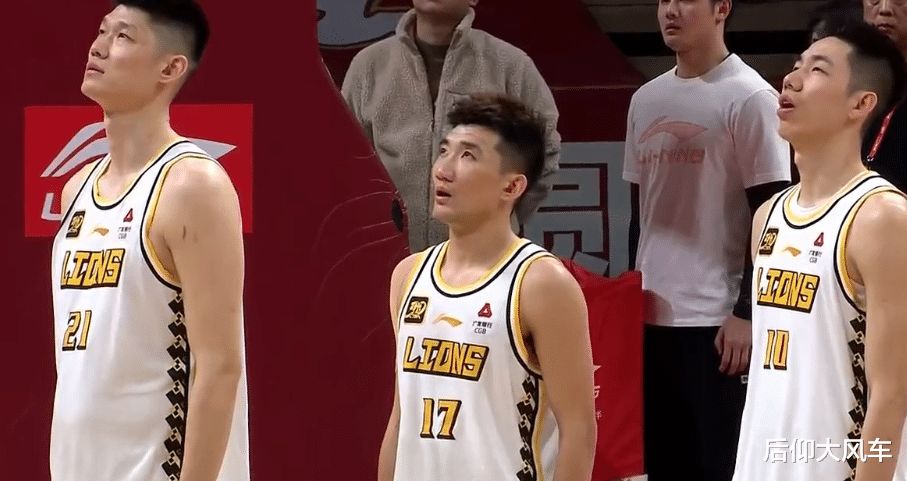
After 30 rounds, analysis of the top 8 rankings:
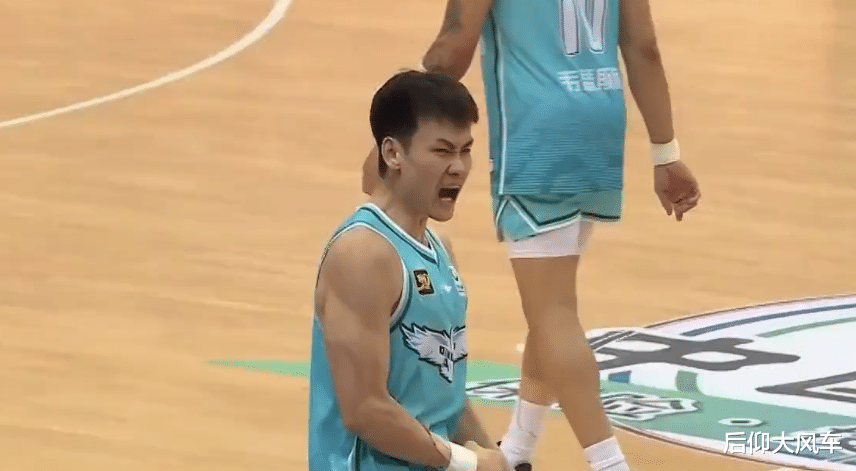
With Liaoning's loss to Qingdao, Guangdong's victory over Beikong, Xinjiang's upset loss to Tongxi, and the big wins by Shandong and Shanxi, the top four rankings have seen a reshuffle. Guangsha remains at the top, leading second-placed Shanxi by a significant 5 points and eighth-placed Beijing by 7 points, securing the top spot in the second stage.

Shanxi and Shandong, both with 51 points, rank second and third respectively; although Zhejiang lost to Guangsha, their points are the same as Liaoning and Qingdao (all with 50 points). With the three teams tied on points, Zhejiang takes fourth place thanks to their higher win rate among each other (Zhejiang 2-0 Qingdao, Qingdao 2-1 Liaoning, Liaoning 1-0 Zhejiang). Liaoning and Qingdao are ranked fifth and sixth respectively. Qingdao has been performing well recently; despite losing to Guangdong, they have won 5 out of their last 6 games and have joined the top six contenders for the championship.

Seventh place is occupied by Guangdong, which has also won six consecutive games recently, making them the team with the second-longest winning streak among the top eight, trailing only Guangsha. Guangdong will have the opportunity to overtake Liaoning in the coming games. In the final five rounds, Guangdong's opponents will be Guangzhou, Fujian, Nanjing, Shanghai, and Guangzhou again. Except for the away game against Nanjing and the tough match against Shanghai, Guangdong has the potential to secure at least three more victories. On the other hand, Liaoning will face Zhejiang and Shanghai teams in their final five rounds, having to play against Shanghai, Zhejiang, and Guangsha consecutively. Given Liaoning's current
